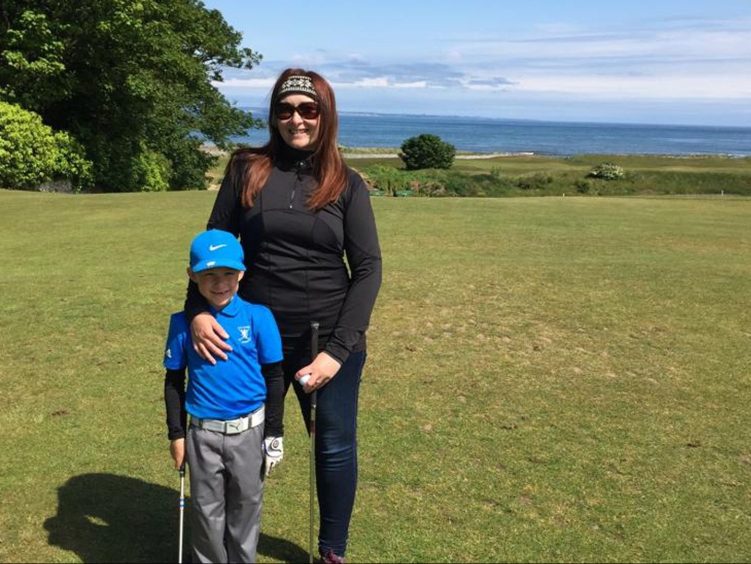
A Fife mum is calling for greater awareness of a brain condition thought to be triggered by infection, after her son was misdiagnosed with Tourette’s syndrome.
Sara Wilson fears other children could be wrongly diagnosed with mental health issues when, like her son Sam, they can be treated with simple antibiotics and anti-inflammatories.
The neurological condition, known as PANS/PANDAS (Paediatric Acute-onset Neuropsychiatric Syndrome), causes inflammation in the brain and is believed to be in response to infection.
It was in November 2020 that Sara, 46, who lives in St Andrews, first noticed alarming changes in Sam’s behaviour.
Then aged 11, he began to experience severe anxiety, Obsessive-compulsive disorder, a nervous tic and was “acting completely out of character”.
Signs of brain condition PANS/PANDAS
“Sam started whistling over and over and would mumble phrases repeatedly,” the mum-of-three recalled.
“He was doing all of these strange rituals and everything was to the number ten.
“So he was having to repeat things ten times.
“He would touch things a certain way ten times and touch both sides of his body evenly.
“He became a completely different child.”
Sara said her son had shown symptoms of anxiety before.
But on this occasion it was much worse, so she booked an appointment with the GP.
Doctor diagnosed Sam with Tourette’s
The night before Sam was seen by the doctor, Sara searched the internet to find out what could be causing her son’s bizarre symptoms.
It was then she first heard of the condition PANS/PANDAS.
She said: “I had started googling sudden onset of Tourette’s as well as tics and things.
“PANS/PANDAS came up straight away.
“The whole family had really sore throats several weeks before which also fitted in with PANDAS too.
“But when we went to the GP he basically said I think he has Tourette’s and he was put on the list for CAMHS.”
Sam finally diagnosed with PANS/PANDAS
Over the next few days Sam’s condition deteriorated.
“He became very distressed and the rituals and tics – facial twitches and whistling – were off the scale,” Sara said.
“He also had sudden sensory issues – so he couldn’t stand the feel of labels on his clothes or anything on his feet.
“Sam said his brain kept telling him that if he didn’t do these things something would happen.”
In mid-November Sara urged her GP to refer her son to Ninewells Hospital.
Fortunately there was a consultant on duty who knew about PANS/PANDAS and suspected he might have it.
But the consultant couldn’t give him antibiotics unless his blood test came back with a positive result for Strep throat.
Sara continued: “I just had to take him home and he went on struggling.
“The blood test came back negative for Strep throat, but his bloods showed high white blood count indicating recent infection.”
On Christmas Eve Sara managed to speak to a GP.
She continued: “Thankfully she agreed to let him try the penicillin for seven days.
“And within two days of taking it, he was completely back to normal.”
Sara said later, based on her son’s recovery, a paediatrician at Ninewells Hospital felt confident enough to diagnose her son with PANS/PANDAS.
Further flare ups of PANS/PANDAS
Sara said her son went on to have more flare-ups over the next year – one of which was resolved with antibiotics.
But she said sometimes a different antibiotic or anti inflammatory is needed, and if these are not given quickly enough, they are less effective.
Eventually, on the advice of another parent, Sara tried taking gluten out of Sam’s diet.
This has proved to be effective and Sam has had no recurrence now for 14 months.
She said: “Sam was previously a healthy, confident and successful child.
“And he has now, with the right treatment, returned to thriving at both school and golf.”
Sara believes if Sam, now 14, had been given antibiotics immediately by a GP, the outcome would have been different.
She said: “If he had been given antibiotics straight away he wouldn’t have had to miss out on most of his first year at secondary school.
“This is why I want to raise awareness of the condition – particularly among GPs – because the majority still won’t be aware of PANS/PANDAS.
“If a doctor tells a family their child has a mental health disorder, the family would often understandably go along with this.
“The noticeable difference with PANS/PANDAS is usually the sudden onset of a lot of symptoms.
“It can be misdiagnosed as a myriad of mental health conditions including OCD, Tourette’s, anxiety, eating disorders or ADHD.
“The condition needs to be recognised at the first point of contact by GPs so kids can get fast and effective treatment.
“Goodness knows how many undiagnosed or misdiagnosed kids there are in the UK alone.”
MP raises PANS/PANDAS in Parliament
Sara has now joined a growing number of parents across the UK calling for the condition to be more widely-recognised by the NHS.
Last month Wendy Chamberlain MP for North East Fife also called on the UK government to recognise PANS/PANDAS when she raised the issue at Prime Minister’s Questions.
The MP secured a backbench debate, held in Westminster Hall on September 12, to discuss the conditions.
It was also to ask the Parliamentary Under-Secretary of State for Health and Social Care, Maria Caulfield MP, to respond to the issues raised by the other MPs in attendance.
At the debate, Maria Caulfield said there is evidence to demonstrate that PANS and PANDAS are ‘discrete disease entities’ .
She said more research is needed for assessment, diagnosis and treatment.
She added: “I assure colleagues that I am committed to ensuring that those with PANS and PANDAS get the care they need.”
Wendy Chamberlain said: “PANS/PANDAS is an absolutely horrible condition.
“It is made much worse through the lack of recognition by doctors and decision makers.
“I want every child to have access to the correct medication and support when they need it, and this starts with awareness raising at every level.
“But I will not stop until the treatment lottery is over.”
She added: “I am working with colleagues in the Scottish Parliament.
“Together we will make sure that the NHS is equipped to treat all children safely, quickly and compassionately.”
What is PANS/PANDAS?
According to the charity PANS PANDAS UK, the condition was first recognised in the United States in 1998 where it’s estimated as many as one in 200 children could be affected.
In 2018, the World Health Organisation recognised the neurological condition, but in the UK it is not widely known.
It is triggered by a misdirected immune response which results in an inflammation of a child’s brain.
While PANDAS is similar, it is thought to be caused by a misdirected immune response to a streptococcal bacterial infection which results in an inflammation of a child’s brain.
It causes symptoms including anxiety, aggressive behaviour, depression, insomnia and obsessive-compulsive disorder.
The charity said there is no clear test for it, so doctors often have to rule out psychiatric conditions.
It added that the immediate response to antibiotic or anti-inflammatory treatment is often what confirms it.
What’s being done in Scotland?
In a statement the Scottish Government said PANDA/ PANS is not currently clinically recognised in the UK.
At present clinicians are not aware of any proven evidence-based treatments for PANDAS/PANS but there are measures used to manage individual symptoms.
A Scottish Government spokesperson added “We know that the right care at the right time is so important to children and families, especially when it comes to the rarest of conditions where knowledge is still developing.
“We are working with partners to further understand the impact of rare conditions and improve the outcomes and support for adults and children living with them.
“This is so diagnosis can be made sooner, professionals have greater awareness, and care can be more co-ordinated and accessible.”
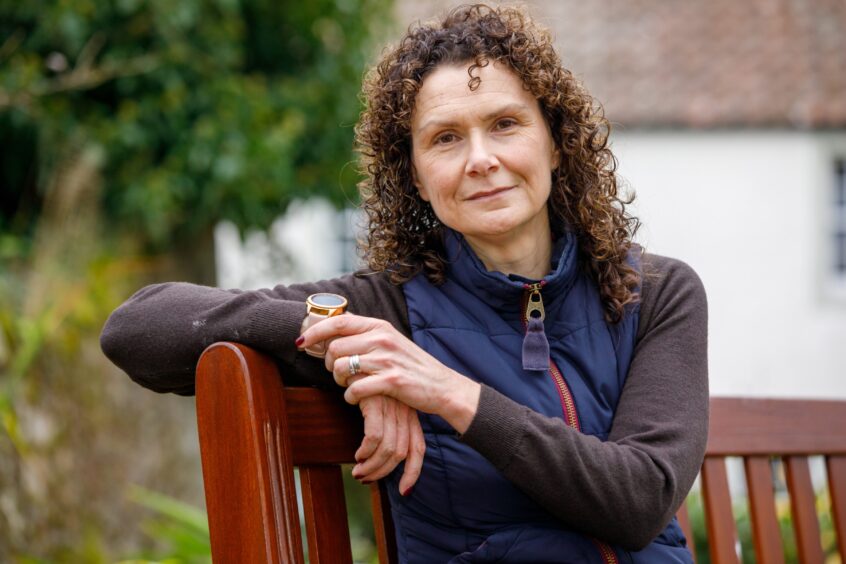

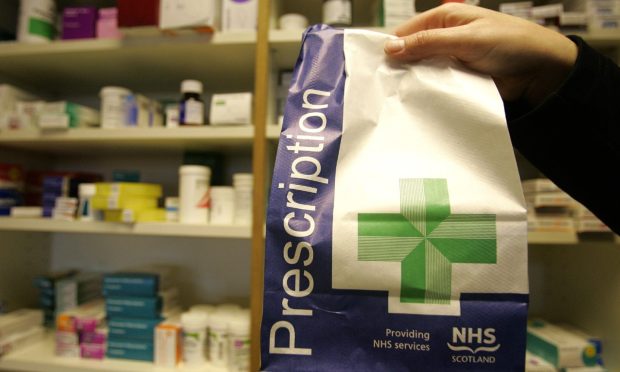
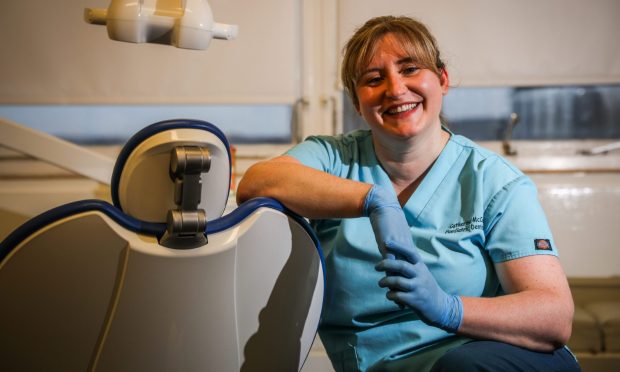



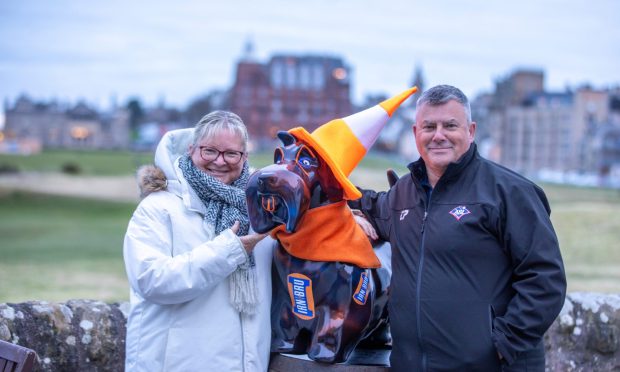

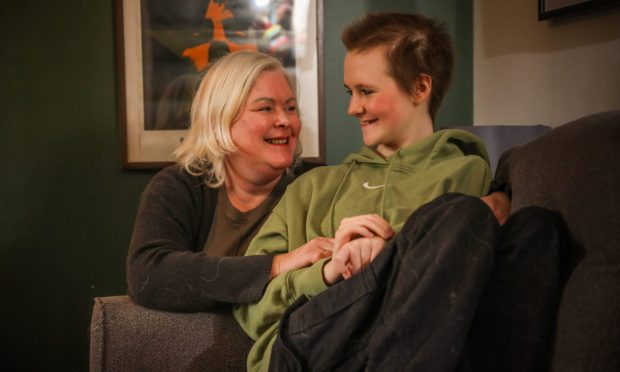
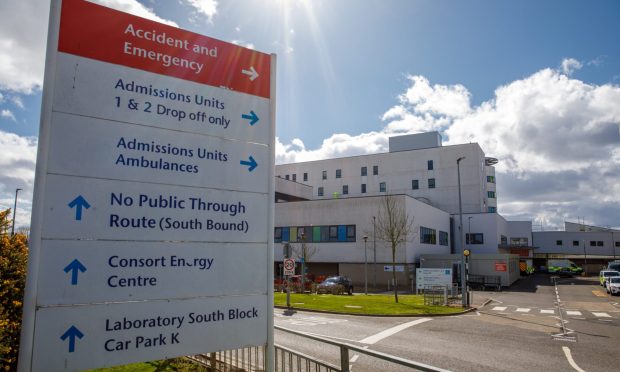
Conversation